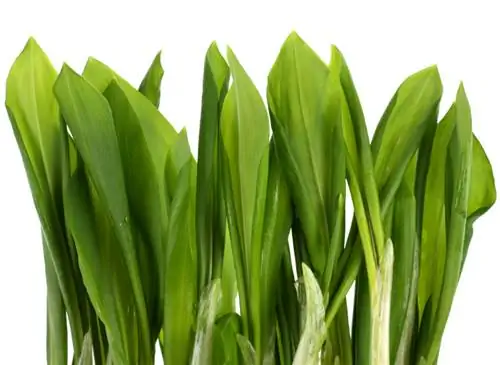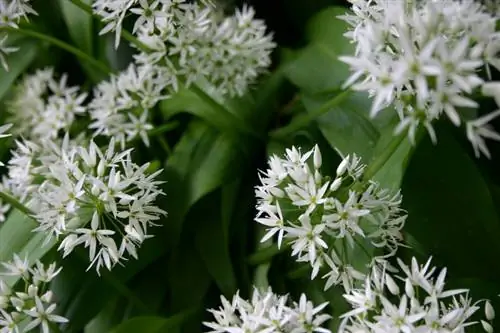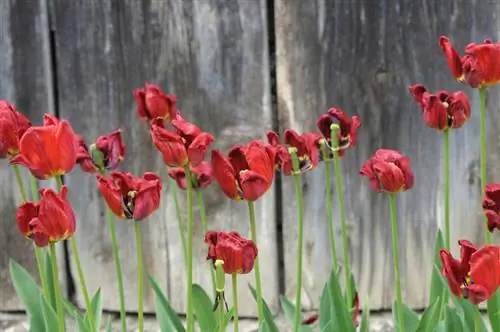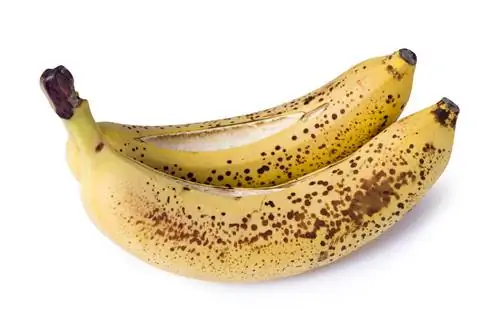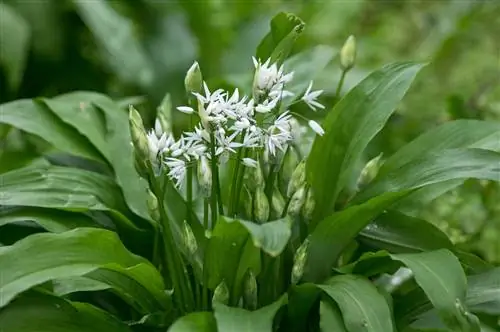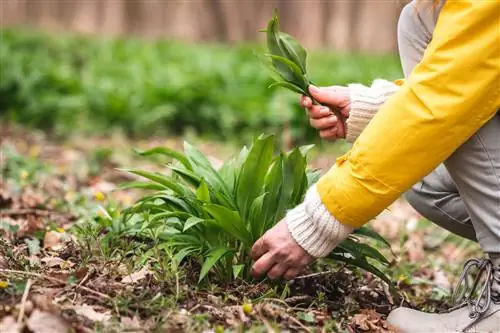- Author admin leonars@hobbygardeners.com.
- Public 2023-12-16 16:46.
- Last modified 2025-01-23 11:20.
It is often heard and read that wild garlic is no longer edible from the moment it blooms. But that's not true, even if there are reasons for harvesting before flowering.
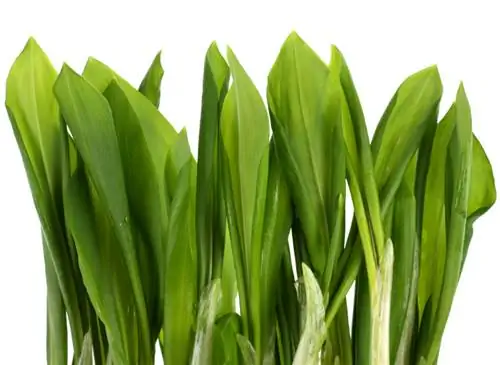
Can you still eat wild garlic after it has bloomed?
Is wild garlic still edible after flowering? Yes, wild garlic is edible even after flowering, but its leaves become increasingly bitter and fibrous as the intense aroma moves into the flowers. The flowers can be used as a seasoning ingredient.
Facts about eating wild garlic after flowering
No part of wild garlic is poisonous, regardless of the time of year. However, there are certainly differences in quality, which is why wild garlic leaves are mainly consumed directly in spring. The young leaves are then still tender and have a pleasant, garlic-like aroma. After flowering, the leaves become increasingly bitter, fibrous and lose their characteristic taste. The flavor then migrates more to the flowers, which can be used as an intensive seasoning ingredient.
Preserve wild garlic in spring
There are different ways to make fresh wild garlic, which can only be used for a few days, last longer:
- the freezing
- drying
- pickling in oil or vinegar
When pickled, wild garlic generally retains its flavor better than when dried or frozen.
Tips & Tricks
So-called wild garlic capers can be made from the wild garlic buds that have not yet bloomed by boiling them and soaking them in vinegar. This means that the typical wild garlic aroma can be enjoyed even beyond the time of flowering.

